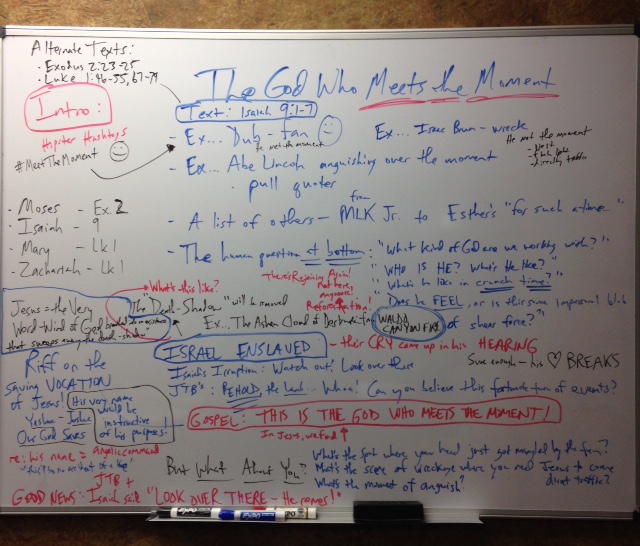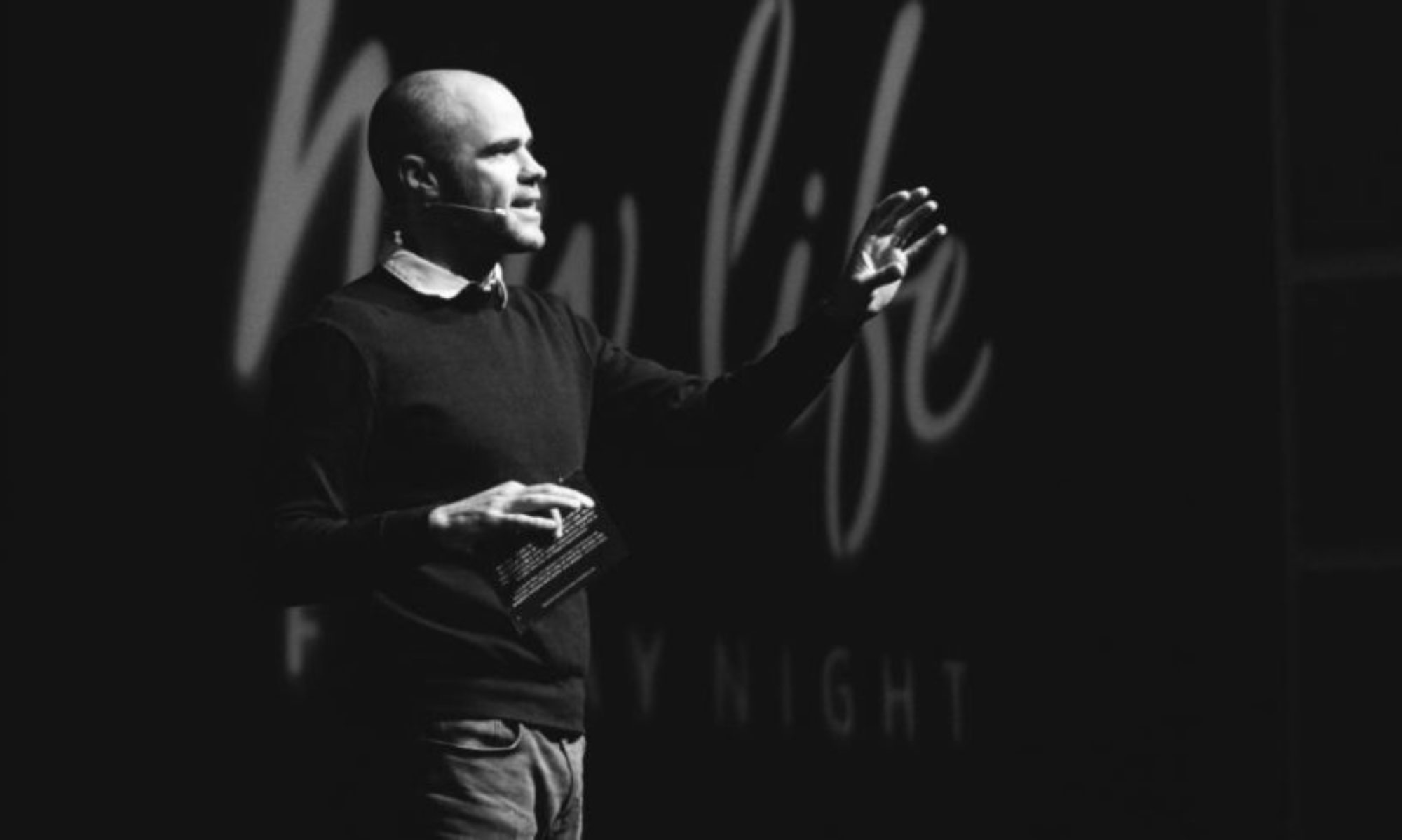
I’ll start with a silly confession: for years, I’ve been jealous of journal-ers.
Some time ago I discovered that there exist people who are able to sit with their thoughts in a place of quiet reflection, and on their first attempt at synthesizing the maelstrom of joys and hopes and fears that swirls at the core of human existence, they’re able to write out these most gorgeous entries.
How do they do it? I wonder.
While I’m being a bit dramatic for affect, the reality is that for some time I’ve felt like my creative process is inadequate. I’ve had this Goliath-like figure that stands up in my soul and taunts me, threatening to turn me into one of David’s sidelined older brothers.
The Philistine Ogre shows up unannounced, in unpredictable intervals, and struts out to say something like,
- …If you could just be more creative…
- …If you could only acquire the secret mojo…
- …If only you were more like so and so who is so talented…
- …Then you’d be able to make some sort of significant contribution…
- …And what’s wrong with you anyway? It comes so easily to everybody else.
Here’s how my process has worked. For years and years, I’ve jotted down incomplete notes on scraps of paper, Chick-fil-A napkins, and on legal pads that double as my to-do list for house projects. Fragments of sermons that ended up on the cutting room floor; sections of blogs I tried to write but never completed; an attempt at writing a short poem; scores of Word documents that’ll never see the light of day; a white board covered with the constellation of thoughts I’ve been having about the text I’ll preach this week. (See the picture above, which is my attempt at working out the sermon I’ll preach this weekend.)
The notes are strewn about my desk, some tucked away in green folders in my filing cabinet tabbed with imprecise titles. Many of these notes can be found in the middle console of my car or in the side pocket of my gym bag.
What a dumb process, right? How disorganized, ya? I thought so, at least until recently.
I stumbled onto a book called A. Lincoln, which is a 700-page biography of the 16th President of the United States. It’s gorgeous and reads like a novel. In it I discovered that Lincoln’s creative process was so imprecise, so choppy, so seemingly random. At first blush, one might think he was easily distracted and unable to see a project through. Lincoln would scribble out thoughts in the margin of the morning newspaper and tuck it into his top hat to develop later. He had scraps of paper in every pocket and every drawer of his desk—a pithy aphorism that would work well rhetorically, a reflection on a certain general’s strategy for the eastern front of the war, some of his own commentary on an op-ed in the Washington Star. These notes were incomplete, but as you find out later in the book, they served as the first drafts of what would become his most brilliant, nation-shaping, slave-freeing speeches.
These fragmentary notes were not about precision. They were about practice. Abraham Lincoln spent years practicing his way into a future that would require the very best of his literary and oratorical skills, and he did it by filling up one scrap of paper at a time. We shouldn’t be surprised, then, that as the nineteenth century unfolded, President Lincoln was somehow always able to rise to the occasion with a “word fitly spoken” that became like “apples of gold in settings of silver” (Proverbs 25:11). This was no accident. He was able to go to the bank and make withdrawals when he needed because he had made so many deposits along the way.
_________________________
If you’re anything like me, you’ve been quick to assume that your creative process stinks, and you’ve believed the lie that it comes so naturally to everyone else but you. Don’t believe it. It’s hard for all of us. It takes work. I wish I had better news for you, folks, but the only way to punch through the wall is to punch through the wall.
So keep jotting, keep experimenting, keep practicing. See where the idea—and, even better, the Spirit of the endlessly creative God—takes you. Because my suspicion is you might just be preparing for a future you could never imagine, for a moment in time when someone will need to hear a “word fitly spoken” by you.
